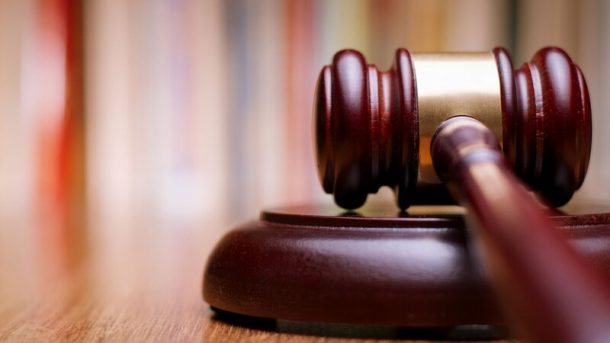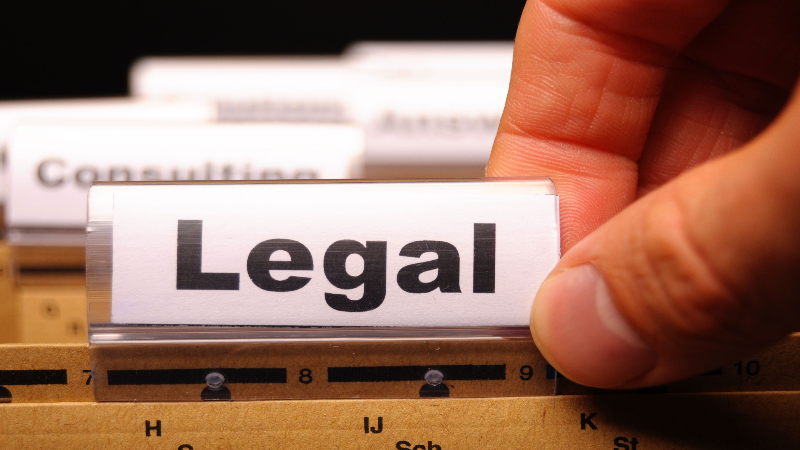When Filing for Bankruptcy in Alexandria, property concealment refers to acts where debtors intentionally misrepresent their assets to creditors. Any act intended to delay collection efforts can be considered property concealment; a common practice is to fraudulently transfer property to keep it from creditors.
Proving Property Concealment
Virginia’s criminal and civil laws are unique, but commonalities exist. Creditors claiming property concealment on the part of a debtor must prove that:
- The acts were committed in order to hinder, delay or defraud
- Acts were committed by either the debtor’s agent or the debtor themselves
- The acts were committed within a certain time period before bankruptcy filing or debt discharge petition
- The act was comprised of concealment, transfer, removal or destruction of property
Debtors can be held liable even if they did not actively engage in the property concealment, and they can be held liable if they knew about the concealment but did not try to stop the act.
What Acts Constitute Property Concealment?
“Concealment of property” and “fraudulent transfer” are sometimes used interchangeably, but concealment is a broader term. These acts may be considered as property concealment:
- Lying under oath
- Forging documents or falsifying bank account contents
- Failing to keep records
- Altering records to reflect different statements
- Failing to explain differences and discrepancies in statements (such as lost income and assets)
The above acts must be done with the express intent to defraud creditors, and accidental actions are not considered property concealment.
Consequences of Concealment
There are many adverse consequences associated with acts of concealment. Debtors can be held criminally responsible, especially in cases involving state or federal government. These criminal charges can result in steep fines and jail time. Other consequences include:
- Damage to credit history
- An inability to get a loan in the future
- The potential for a civil lawsuit, with potential for high attorney’s fees and damages
Hiring a Lawyer When Accused of Property Concealment
If you are in debt, you should consult a bankruptcy lawyer in Alexandria, VA for advice. Working with a lawyer from the firm of ______ can help you make sure that you file your paperwork in compliance with Virginia law. If you’re being accused of property concealment, a bankruptcy attorney can represent you in court, and may be able to demonstrate a lack of intent on your part. Click here for more information.


